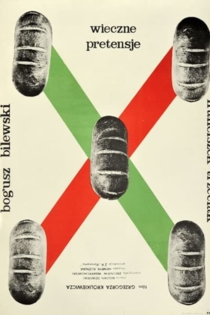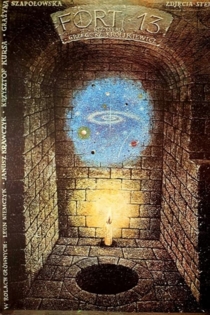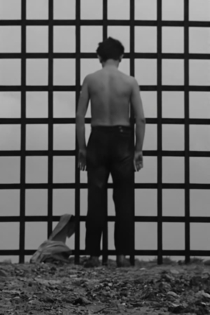
Grzegorz Królikiewicz
2021Na wylot
Grzegorz Królikiewicz
Franciszek Trzeciak, Anna Nieborowska
Based on a pre-war murder case of the Malisz couple. They end up committing a petty robbery and a sordid murder. He is an illustrator who is not used by a climbing architect. His folks don't like his wife and keeping both of them around as they float from one petty job to another. They finally try to rob a mailman of a bogus money order they have cooked up and end up killing an old, invalid couple with whom they have roomed.
Through and Through
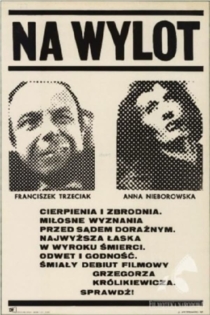
Tanczacy jastrzab
Grzegorz Królikiewicz
Franciszek Trzeciak, Beata Tyszkiewicz
"The Dancing Hawk" refers to the son of a peasant who senses he can climb to the job in troubled times by playing his cards right. His slavery to work match his ambitions, and gradually he reaches the social position he desires. But the costs have included a dehumanized soul and a loss of a moral conscience. People have had to pay for his advancement, including those nearest to him. The downfall is equally painful: either imprisonment or the easy wasy out are offered as the alternatives.
The Dancing Hawk
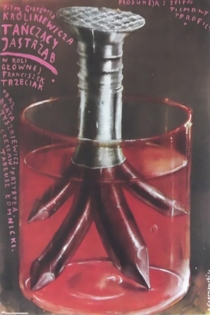
Przypadek Pekosińskiego
Grzegorz Królikiewicz
Bronek Pekosinski, Jan Prochyra
Bronek Pekosinski lives in Zamosc, Poland. He is probably 83 years old. He has no family and does not really know who he is. Everything about his life is fictitious: symbolic is the date of birth - the day World War II broke out, as well as his surname - after PKOS, an abbreviation of a charitable institution, and the place of birth - the Nazi concentration camp, from where his mother threw him over a barbed wire fence. Even his friends and guardians turned out to be false. Only his loneliness and his hump seem to be authentic. Two great powers have vied for young Bronek's soul: Roman-Catholic church and a totalitarian state. He fell into alcoholism. Partially paralyzed as the effect of cerebral hemorrhage, he is fired with an ambition of acquiring a mastery in a game of chess.
The Case of Bronek Pekosinski
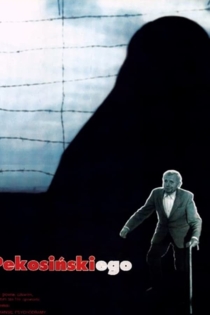
Każdemu to czego mu wcale nie trzeba
Grzegorz Królikiewicz
Alina Socha, Andrzej Kowalewski
Fragmented and chaotic. Reality in Królikiewicz's works is usually incoherent, in a state of disintegration, permanently damaged, painfully marked by history. The moral and cultural crisis is clearly visible. You can even see it… by the swimming pool.
Everyone Gets What They Don't Need

Zabicie ciotki
Grzegorz Królikiewicz
F. Robert Herubin, Gustaw Holoubek
A grotesque fairy tale of fantasies in a 21-year old's mind. First he confesses to a priest about killing his aunt. Then he is sending parcels from the post office. Just when it appears that he is going to be arrested, the aunt appears alive and well from her trip. This time though, he decides to go for it...
Killing Auntie
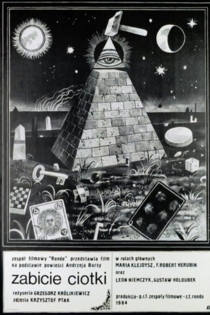
Wieczne pretensje
Grzegorz Królikiewicz
Bogusz Bilewski, Franciszek Trzeciak
Franek, a petty criminal and gambler, befriends Rysio, who performs inspections of meat plants. Rysio suspects wrongdoings at the slaughterhouse. Franek, despite his age, cannot find a place in life, with nothing achieved and, what's more, still not knowing what to do.
Permanent Objections
